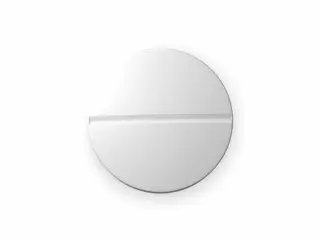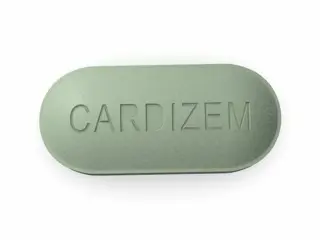Cardiovascular
Find effective cardiovascular medications and supplements to support heart health, improve circulation, and manage blood pressure. Shop trusted brands for your heart care needs.
The cardiovascular system is vital for maintaining overall health. Diseases affecting this system often require careful medication management. Various drugs are prescribed to help control blood pressure, prevent clots, or treat heart rhythm problems. Here is an overview of some popular cardiovascular medications available in the market.
Altace (Ramipril) is an ACE inhibitor. It helps relax blood vessels and lowers blood pressure. Patients with high blood pressure or heart failure often benefit from Altace. It also reduces the risk of stroke and heart attack. Altace is generally well tolerated, but some patients may experience cough or dizziness.
Cardarone and Cordarone both contain Amiodarone. They are used to treat irregular heartbeats, such as atrial fibrillation or ventricular tachycardia. These drugs help stabilize the heart rhythm and reduce the risk of serious arrhythmias. However, regular monitoring is essential due to possible side effects like lung or liver toxicity.
Cardizem is a calcium channel blocker. It lowers blood pressure and controls heart rate. It is particularly useful in treating angina and hypertension. Cardizem helps the heart get enough oxygen by relaxing the blood vessels. Side effects may include swelling, headache, or fatigue.
Cartia XT is a long-acting form of diltiazem. It works similarly to Cardizem but allows for once-daily dosing. This is convenient for patients needing consistent blood pressure control. Cartia XT is used for hypertension and angina, improving heart function and reducing symptoms.
Coumadin (Warfarin) is a well-known blood thinner. It prevents blood clots in patients at risk of stroke or deep vein thrombosis. Coumadin requires regular blood tests to monitor its effect and adjust dosage. It helps balance preventing clots while avoiding excessive bleeding.
Lanoxin (Digoxin) improves heart muscle contractions and controls heart rate. It is prescribed for heart failure and atrial fibrillation. Lanoxin requires careful dosing due to a narrow therapeutic window. Symptoms of overdose include nausea, vision changes, and irregular heartbeat.
Lisinopril is another ACE inhibitor. It helps lower blood pressure by relaxing blood vessels. Lisinopril is also beneficial for patients with heart failure or after a heart attack. It helps prevent kidney damage in diabetic patients. Some may experience a persistent cough or elevated blood potassium levels.
Micardis (Telmisartan) is an angiotensin receptor blocker (ARB). It lowers blood pressure by relaxing blood vessels. Micardis is useful for patients who cannot tolerate ACE inhibitors. It also offers kidney protection in diabetic patients. Side effects are generally mild and include dizziness or headache.
Nimotop (Nimodipine) is a calcium channel blocker mainly used to prevent brain damage after a stroke. It dilates blood vessels in the brain, improving blood flow. Nimotop requires strict dosing and monitoring to avoid low blood pressure or increased heart rate.
Plavix (Clopidogrel) is an antiplatelet agent. It prevents platelets from clumping together, reducing the risk of heart attacks and strokes. Plavix is commonly prescribed after stent placement or for patients with peripheral artery disease. Patients should avoid medications or supplements that may increase bleeding risk.
Samsca (Tolvaptan) is used to treat hyponatremia caused by heart failure or other conditions. It works by increasing water excretion without losing sodium. Samsca helps correct low sodium levels and reduce fluid overload. Close monitoring is needed to avoid dehydration or electrolyte imbalances.
Each of these medications plays a specific role in managing cardiovascular health. Doctors select drugs based on the patient's condition, tolerance, and risk factors. Patients must follow dosing instructions carefully and attend regular check-ups. Monitoring for side effects is crucial to ensure safety while maximizing benefits. Cardiovascular medications have significantly improved outcomes for millions of patients worldwide.











